Free Online Php Courses and Certifications 2024
PHP is a popular scripting language used to create dynamic webpages. It is suitable for web development, software engineering, and database management. People with knowledge of HTML, CSS, and JavaScript can benefit from taking related courses to learn more about PHP.
Popular Courses
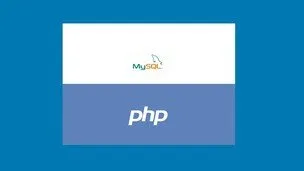
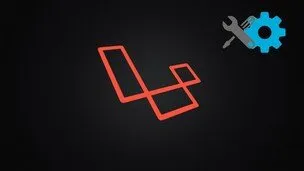
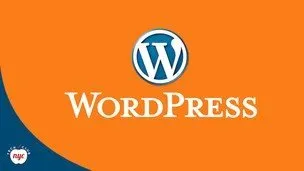
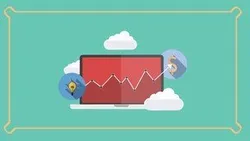
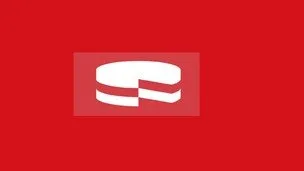
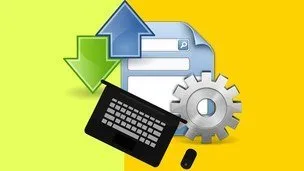


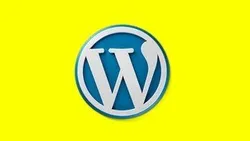
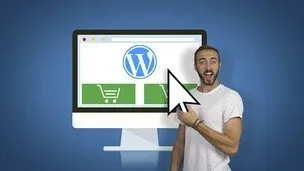
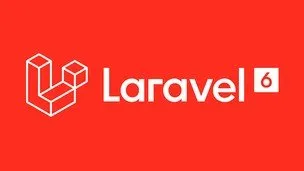
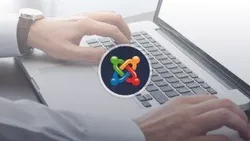
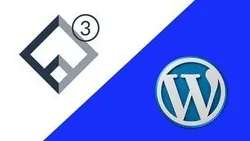
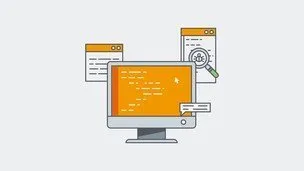


Php Courses
Career Trends
Career Prospects | Average Salary | Position Overview |
| PHP Developer | $86,932 per year | A PHP developer's main task is to create the logic that powers the server-side of a web application. They typically work on the back-end components, connecting the application to other web services (often third-party), and collaborate with front-end developers to ensure seamless integration of their work with the application. |
| PHP Architect | $148,050 per year | A PHP architect is a professional who specializes in the PHP programming language and uses software architectural patterns, such as Model View Controller (MVC), within a framework to design and develop business solutions. |
| Software Engineer | $166,416 per year | Software engineers utilize engineering principles and their expertise in programming languages to develop software solutions for end-users. |
| Consultant | $121,360 per year | Consultants provide guidance and professional expertise to client organizations with the goal of improving their business performance. They may specialize in various areas such as operations, strategy, management, IT, finance, marketing, HR, and supply chain management, and work with a wide range of industries and specializations. |
| Support Engineer | $83,623 per year | Support Engineers are responsible for continuously monitoring systems, software, and hardware. Using monitoring tools, they stay up-to-date with developments and identify any network issues that arise, resolving them promptly. |
Educational Paths
1. Online PHP courses: There are numerous online courses that cover PHP, such as Udemy, Coursera, and Codecademy, among others.
2. PHP documentation: The official PHP documentation is a great resource for learning the language, and it's available for free online.
3. PHP books: There are several books available on PHP, ranging from beginner to advanced levels. Some popular options include "PHP for the Web" by Larry Ullman and "Modern PHP" by Josh Lockhart.
4. PHP community: Joining PHP communities, such as the PHP subreddit or PHP forums, can provide valuable insight and support for learning PHP.
5. PHP frameworks: Learning a PHP framework like Laravel, Symfony, or CodeIgniter can help you get started with PHP development.
6. Online tutorials: There are many free online tutorials that cover PHP basics and more advanced topics.
Frequently Asked Questions and Answers
Q1: What is the best PHP course for beginners?
If you're looking for the best PHP course for beginners, there are a few great options to consider. Coursera's "Building Web Applications in PHP" course is a great choice, taught by Dr. ... Codecademy's "Learn PHP Tutorial" is another great resource for learning the basics of the language. Udemy's "PHP for Beginners" course is also a great option for those just starting out. Treehouse's "Getting Started with PHP Unit Testing" is a great way to learn the fundamentals of testing. Finally, Pluralsight's "PHP: Getting Started" course is a great way to get up and running quickly. With these courses, you'll be able to learn the basics of PHP and start building your own web applications.
Q2: How to learn PHP fast?
To learn PHP quickly, it is important to focus on the specific skills you want to acquire. For example, if your goal is to build a CMS-like software, then focus on the relevant topics. Additionally, it is important to stay committed to a regular practice schedule and to push through challenging times with the determination to finish what you started. With dedication and practice, you can learn PHP quickly and effectively.
Q3: What are the basics of PHP programming?
PHP is a scripting language that is interpreted instead of being compiled like C++ and Java. Unlike JavaScript, which is executed by the web browser, all PHP code is executed on the web server. Although programming experience is beneficial, this overview is not intended to be an exhaustive examination of PHP. Here are some basics to get you started: A. PHP is a server-side scripting language, meaning that it is executed on the web server instead of the web browser. B. PHP is a dynamic language, meaning that it can be used to create interactive webpages and applications. C. PHP is an open-source language, meaning that it is free to use and modify. D. PHP is a versatile language, meaning that it can be used to create a wide variety of webpages and applications. E. PHP is a powerful language, meaning that it can be used to create complex webpages and applications.
Q4: What does PHP stand for?
Originally an abbreviation of Personal Home Page, PHP now stands for the recursive initialism PHP: Hypertext Preprocessor. PHP code is typically processed on a web server by a PHP interpreter implemented as a module, a daemon, or a Common Gateway Interface (CGI) executable.
Q5: What is ASP PHP?
PHP is recognized as a powerful server-side scripting language utilized for the creation of dynamic and interactive websites. It is widely adopted due to its free availability and extensive usage. In comparison to competitors such as Microsoft ASP, PHP stands as a highly efficient alternative.
Q6: What Php courses can I find on AZ Class?
On this page, we have collected free or certified 1647 Php online courses from various platforms. The list currently only displays up to 50 items. If you have other needs, please contact us.
Q7: Can I learn Php for free?
Yes, If you don’t know Php, we recommend that you try free online courses, some of which offer certification (please refer to the latest list on the webpage as the standard). Wish you a good online learning experience!
ADVERTISEMENT
